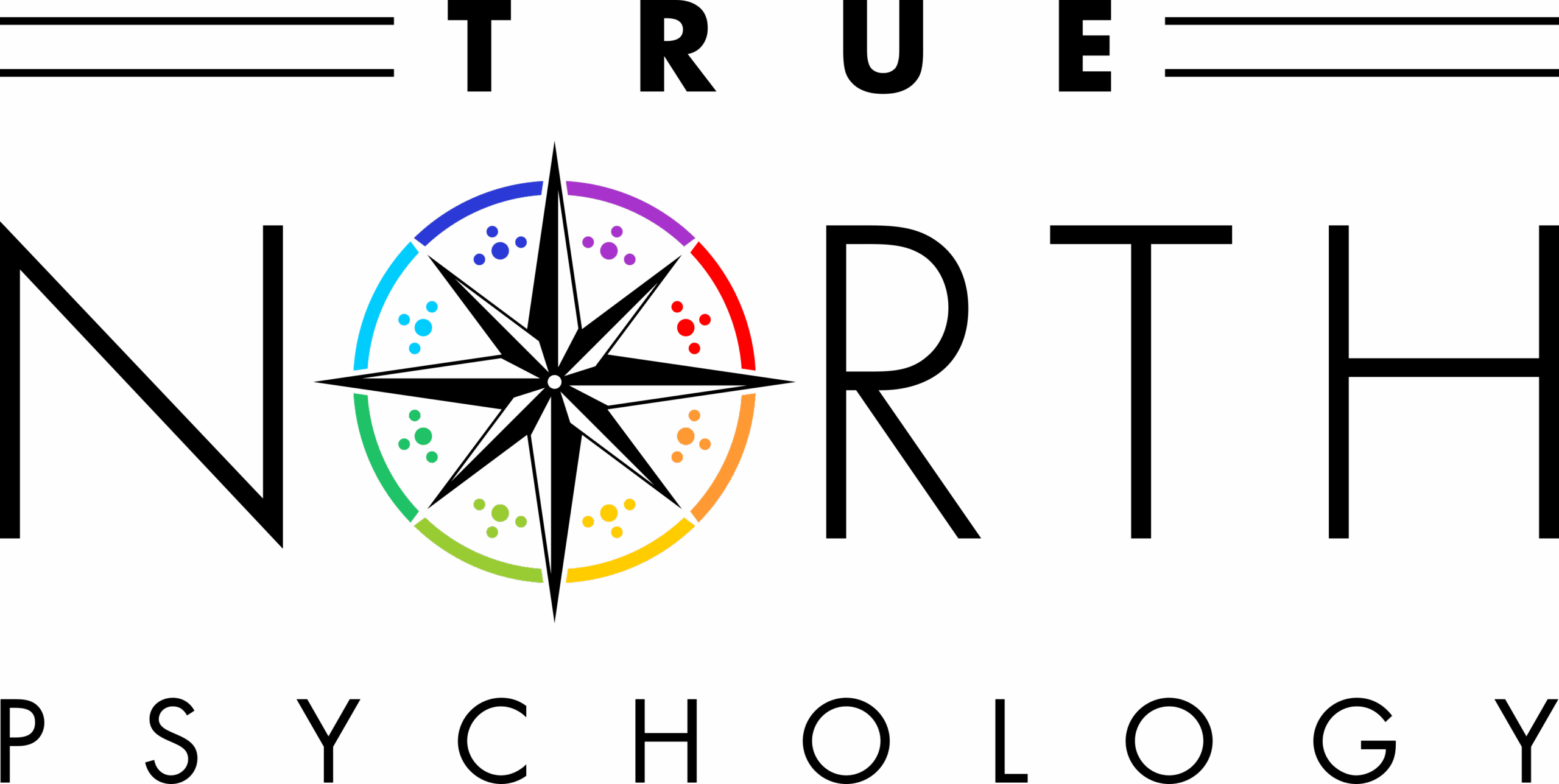
Services
Ellen Ross, PsyD provides individual therapy services for people in San Jose, CA and online across California. Specializing in LGBTQ+ therapy, anxiety and stress, insomnia, depression, ADHD, and dog phobia.


At True North Psychology, I am dedicated to providing compassionate, professional, and personalized therapy services to support your mental and emotional well-being.
My goal is to create a safe and supportive space where you can explore your thoughts, feelings, and challenges while working toward meaningful growth and healing.
I am a generalist and my approach to therapy is informed by Process-Based Therapy (PBT), which moves beyond diagnosis and symptom-focused treatment. Instead, I focus on understanding the underlying psychological processes that drive thoughts, emotions, and behaviors. By addressing these processes in a flexible and individualized manner, I help you develop adaptive strategies that promote long-term well-being and resilience. This approach allows us to integrate various evidence-based methods to meet your specific needs rather than applying a one-size-fits-all treatment.
I believe that you are the expert of your own life. My role is to offer a fresh perspective and use my training to help you navigate challenges. I take a collaborative approach, working with you to discover new insights, solutions, and skills that foster confidence and resilience. I am proactive in providing direction when necessary while ensuring a supportive and empowering environment for problem-solving and personal growth.
Specializing in the treament of LGBTQ+ individuals, anxiety and stress, insomnia, depression, ADHD, and those struggling with dog phobia.
Individual Therapy
I offer one-on-one therapy sessions for adults tailored to your unique needs and goals. Whether you’re struggling with anxiety, depression, stress, or life transitions, as a licenscend therapist I use evidence-based approaches such as Acceptance and Commitment Therapy (ACT), Cognitive Behavioral Therapy (CBT), and Motivational Interviewing (MI) to help you build coping skills and create lasting change.
In Person and Teletherapy Services
I offer secure and confidential online therapy sessions, available throughout California and North Carolina, allowing you to receive support from the comfort of your home. Additionally, I provide in-person therapy sessions in San Jose, CA.
LGBTQ+ Affirmative Therapy
A safe and inclusive space.
As an LGBTQ+ affirmative therapy practice, I provide a compassionate, inclusive, and affirming space where you can feel seen, heard, and valued for exactly who you are. Together, we’ll explore how you can embrace your authentic self, cultivate resilience, and move toward the life you truly want.


Anxiety and Stress

Are there tasks that seem like they should be simple, but end up feeling monumental?
With the right tools and support, first through understanding your experiences, and then having new experiences, you can get out of the spiral where it feels like anxiety is controlling your life. My approach is grounded in extensively researched behavioral science paired with evidence based interventions matched to your unique circumstances.
Insomnia
Are you struggling to fall asleep, stay asleep, or wake up feeling refreshed?
Insomnia doesn’t just impact you at night, it also affects how you feel and function during the daytime. The good news is that you don’t have to endure sleepless nights alone. At True North Psychology, I specialize in evidence-based approaches to help you overcome insomnia and reclaim the restorative sleep you deserve.

Depression

Do you feel enveloped in a deep hole you just can’t see your way out of?
With the right support and tools you can learn how to step away from letting thoughts like “worthless” and “hopeless” define you. I offer psychotherapy with a firm basis in scientific theory paired with evidence based interventions matched to your unique circumstances that can help you dissipate the clouds of depression and give you relief.

ADHD
Does it feel like you’re running a marathon, but the route keeps changing, and everyone else seems to have a map you don’t?
Whether you’re struggling with focus, managing emotions, or navigating relationships, therapy with me offers a supportive and nonjudgmental environment. Here, you can process your experiences, develop tools to meet life’s challenges, and explore how ADHD fits into the larger story of who you are.


Dog Phobia

Does your fear of dogs hold you back?
If your fear of dogs (also known as cynophobia) is more than just discomfort and is interfering with your daily life, you don’t have to go through it alone. Many people develop this fear due to an early negative experience. I’m here to help you step by step, in a way that feels safe and manageable for you.
